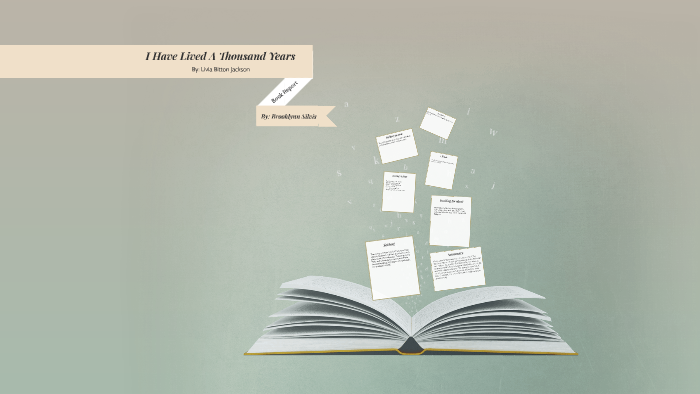

With no parent to watch, he holds back the tears and continues to play. The child in pain looks up to see if a parent is watching. Perhaps there is no pain greater than ignored pain. There is the anguish of destruction which prompts tears and then there is the additional weeping that occurs when God ignores the tears.

We sense multiple levels of pain in these verses. We hear a familiar refrain in Jeremiah’s words: God is ignoring our tears. 3:49)ĭo not shut your ear to my groan, my cry. My eyes shall flow without cease, without respite until the Lord looks down and beholds from heaven. My eyes shed streams of water over the ruin of my poor people. When I cry and plead, He shuts out my prayer. My eyes are spent with tears, my heart is in tumult my being melts away over the ruin of my poor people. We can visualize Jeremiah, its attributed author, weeping ceaselessly as he writes. Eikha returns to the motif of crying again and again. Jewish crying fits the last of these categories: the act of crying, according to Rabbi Lamm, is the beginning of transformation – the tears are those of protest and resolute purpose.īut Rosh HaShana is not the only crying time of the year where we have perhaps forgotten the meaning and the power of tears.

Rabbi Lamm speaks of three types of tears: the tears that come when our myths of absolute security and certainty are shattered the tears of those who resign themselves to hopelessness and the tears of those who cry over reality, not from frustration or resignation, but from a determination to change and renew that reality.

Ours is an age which has forgotten how to cry.” Rabbi Norman Lamm, chancellor of Yeshiva University, offered this observation in a sermon he gave on Rosh HaShana called “Three Who Cried.” Rosh HaShana is a time when many of us cry over ourselves and our wrongs, and sometimes over the state of the world. Excerpted from Erica Brown’s ‘In the Narrow Places: Daily Inspiration for the Three Weeks’ Click here to buy the book


 0 kommentar(er)
0 kommentar(er)
